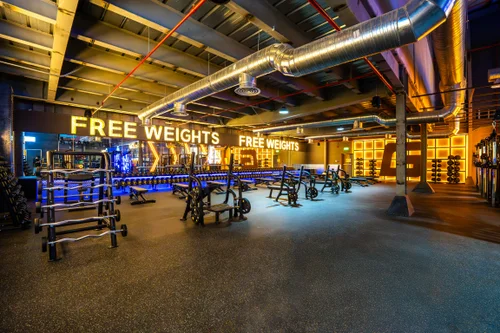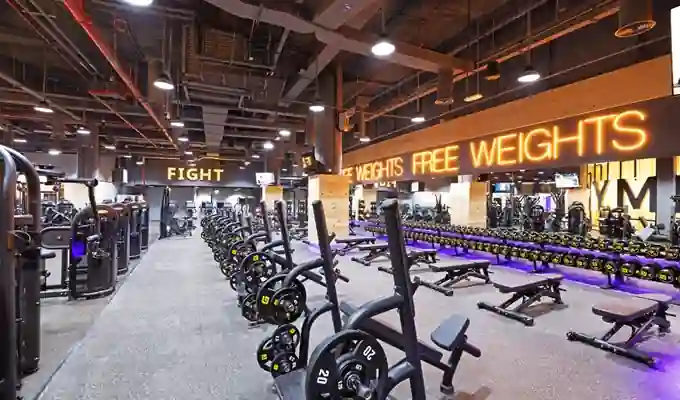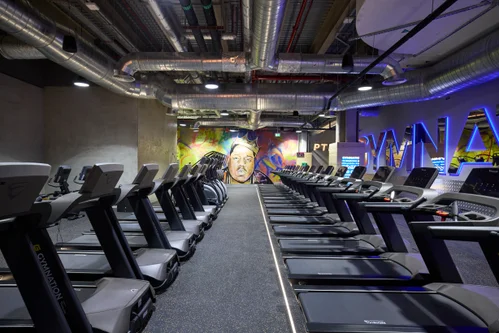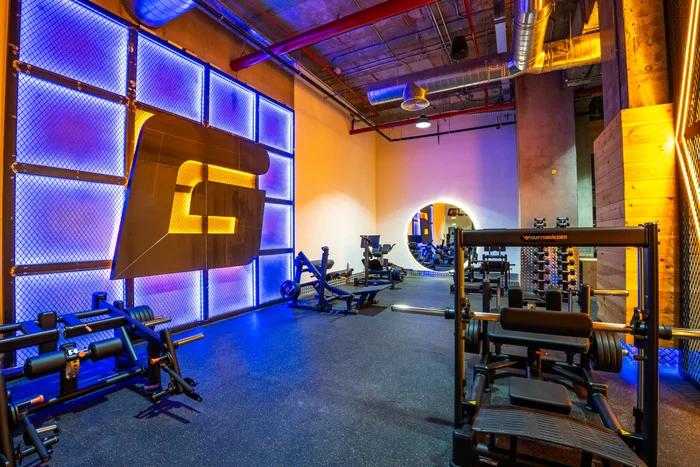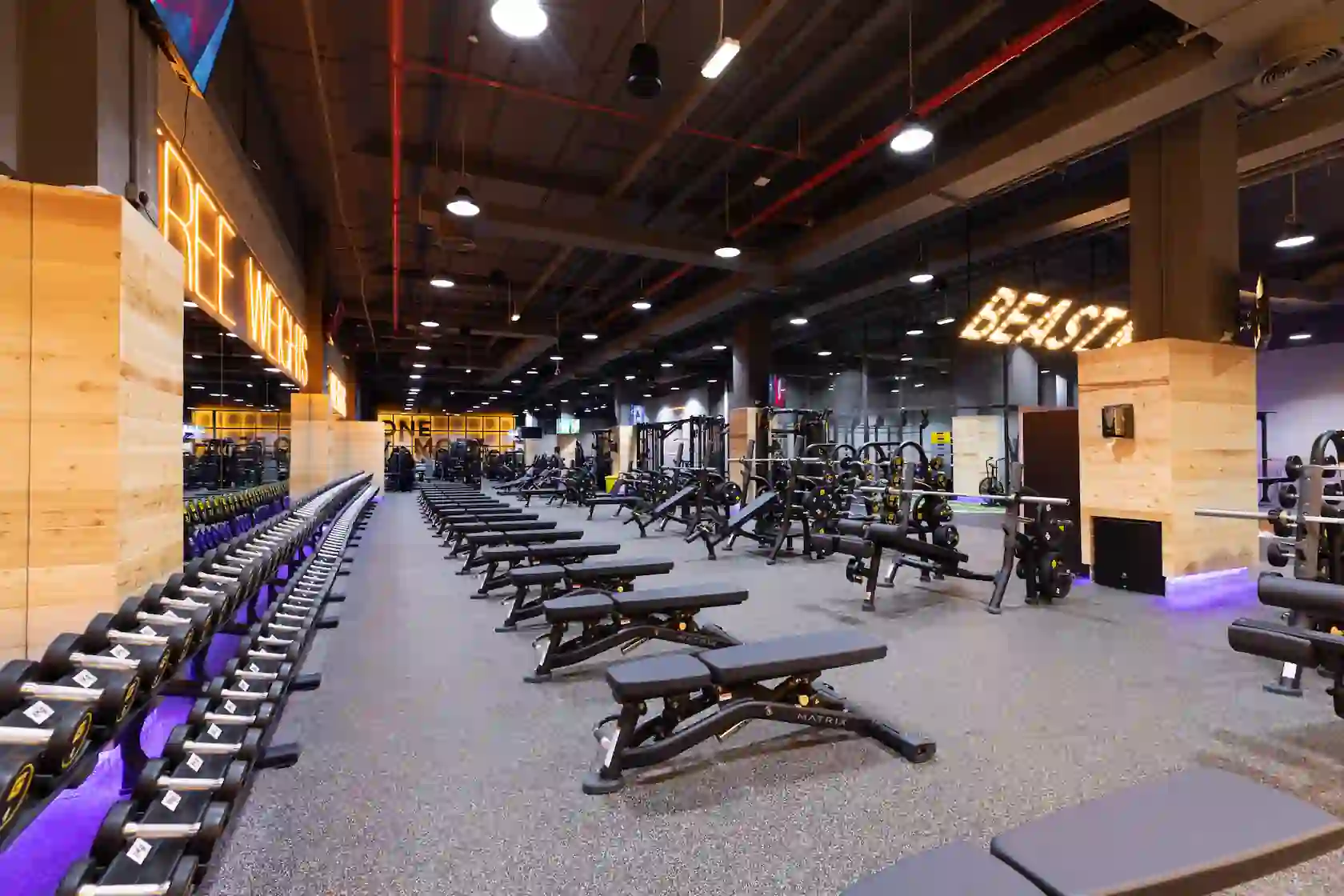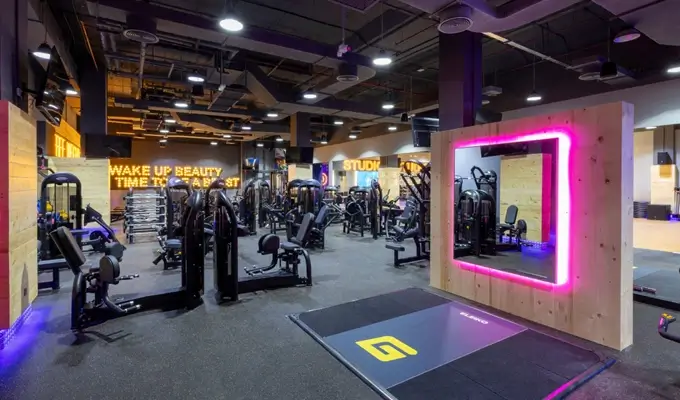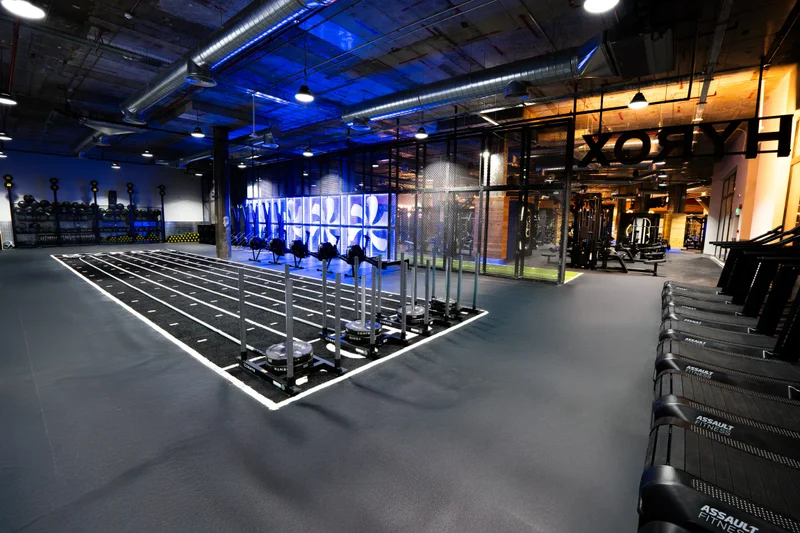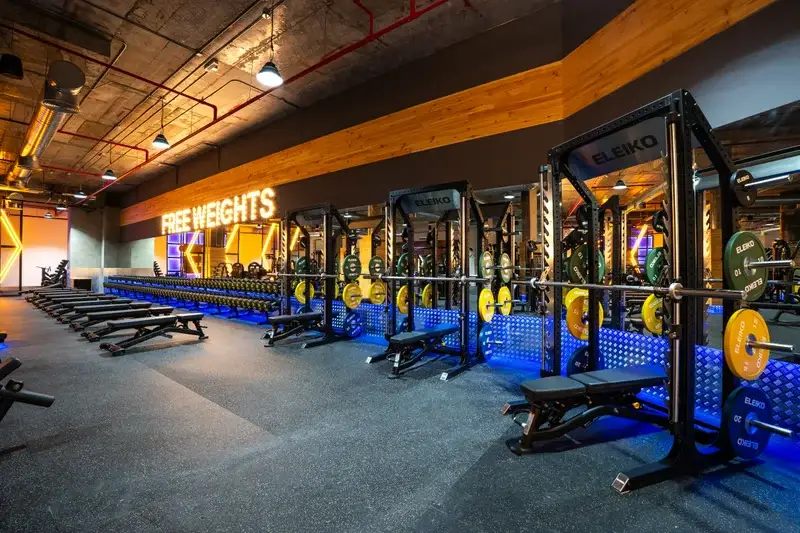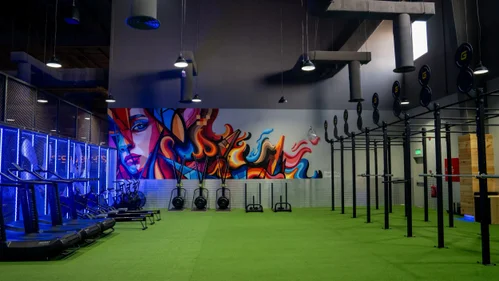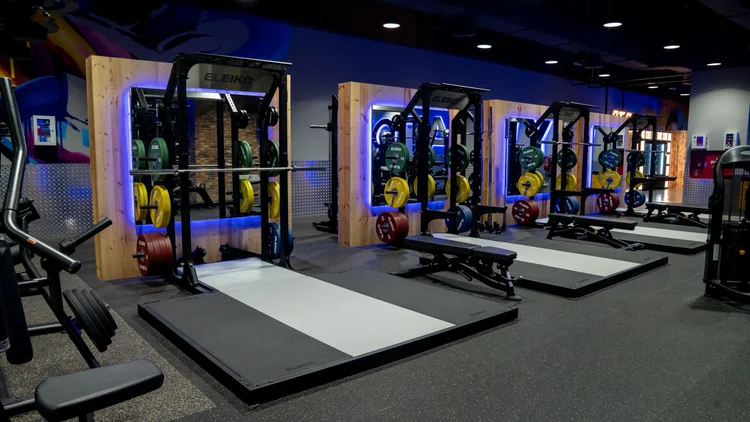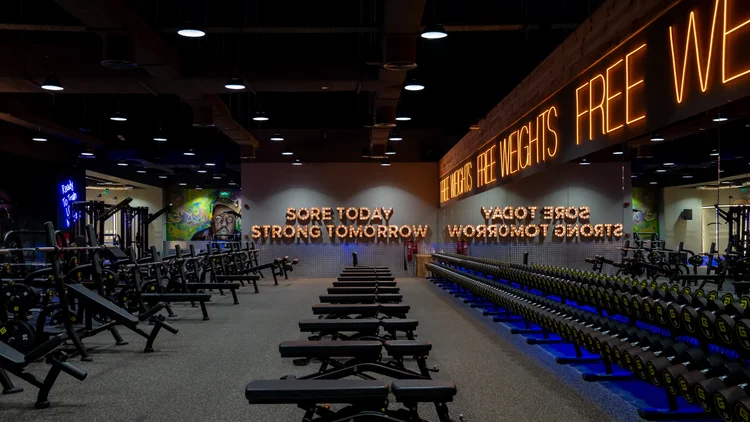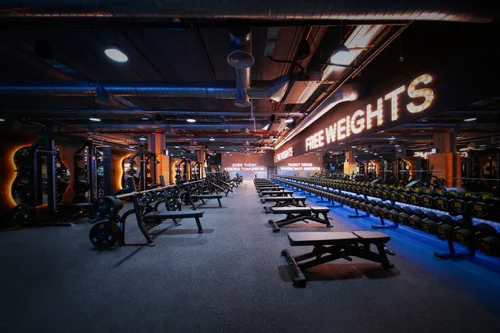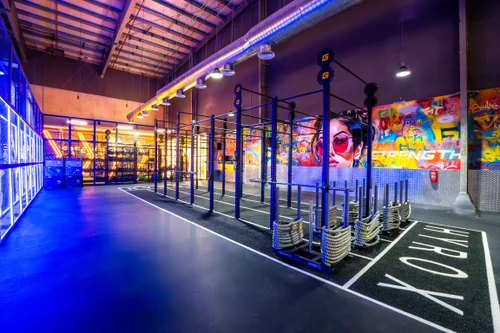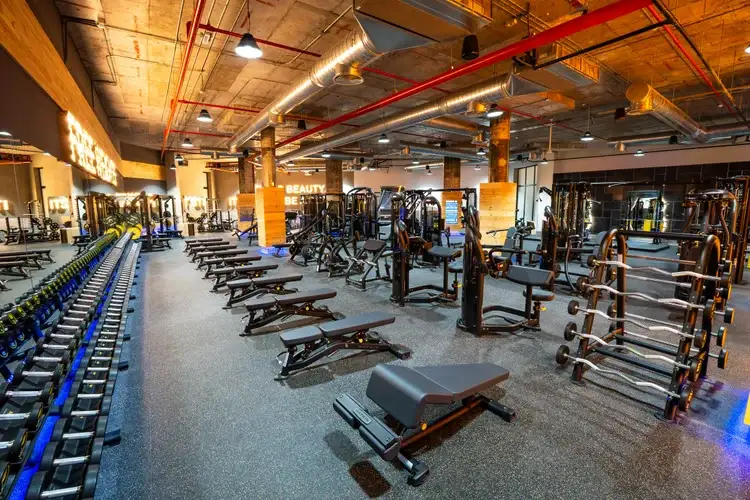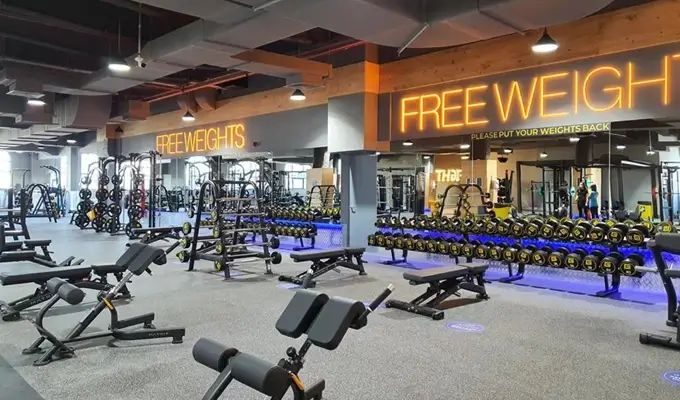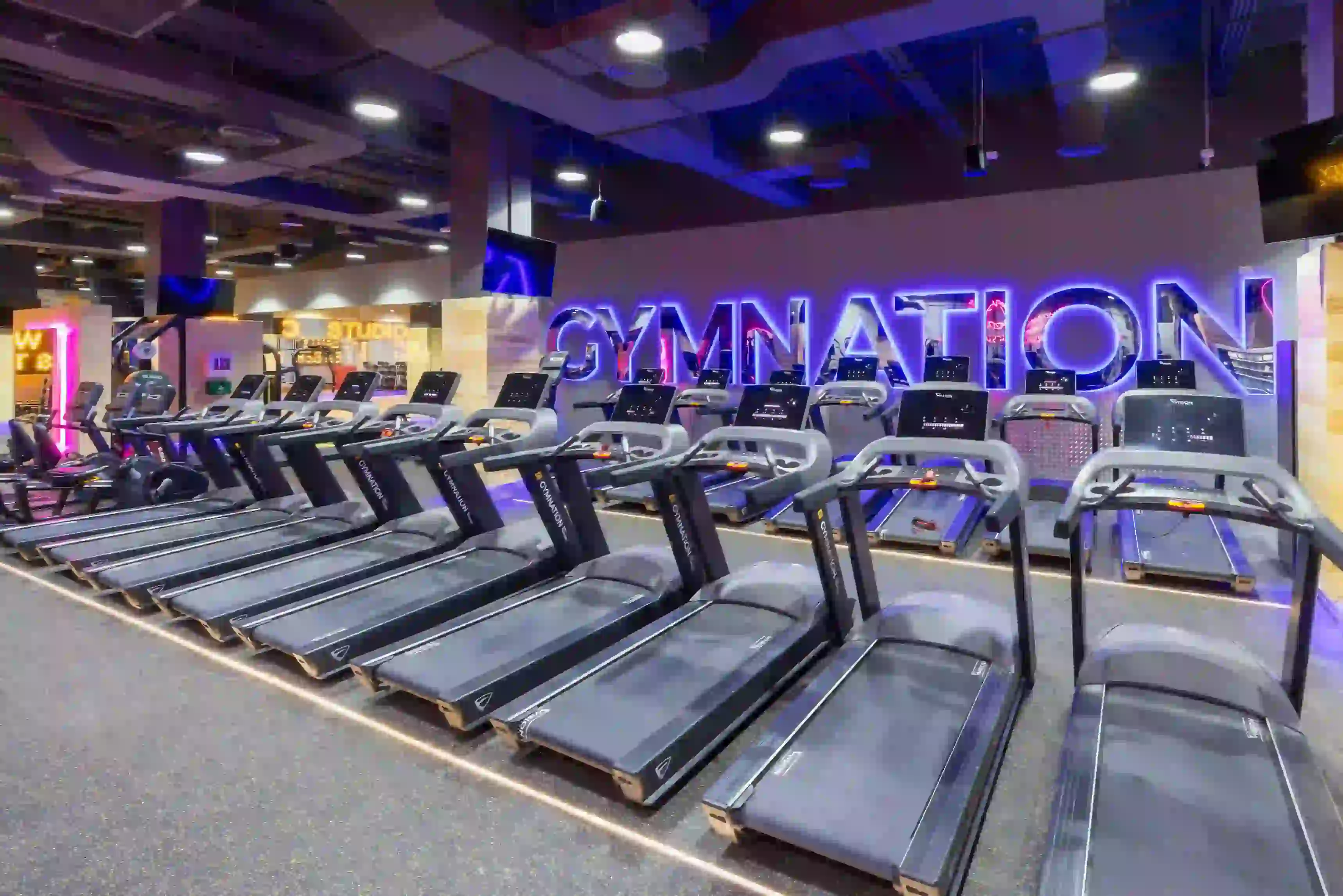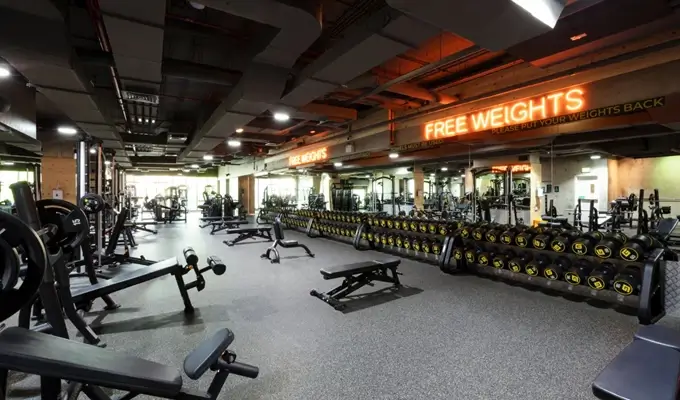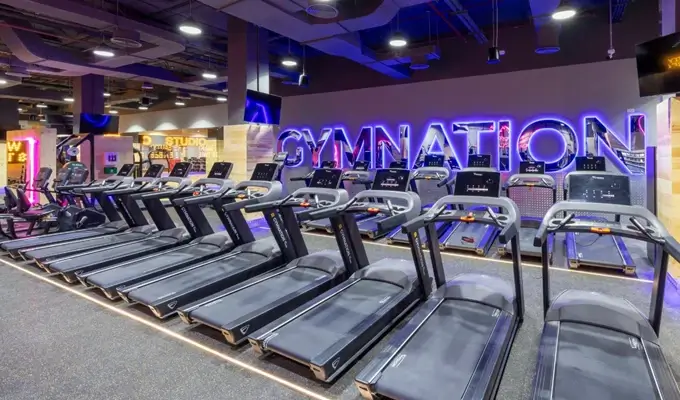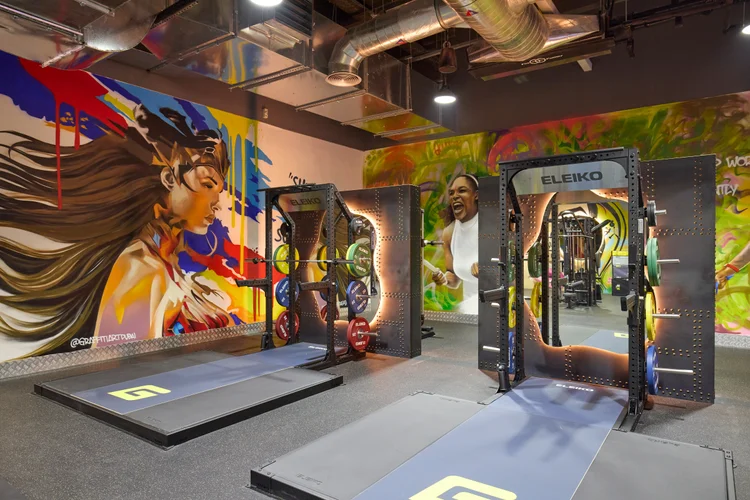Fitness Tips for Ramadan
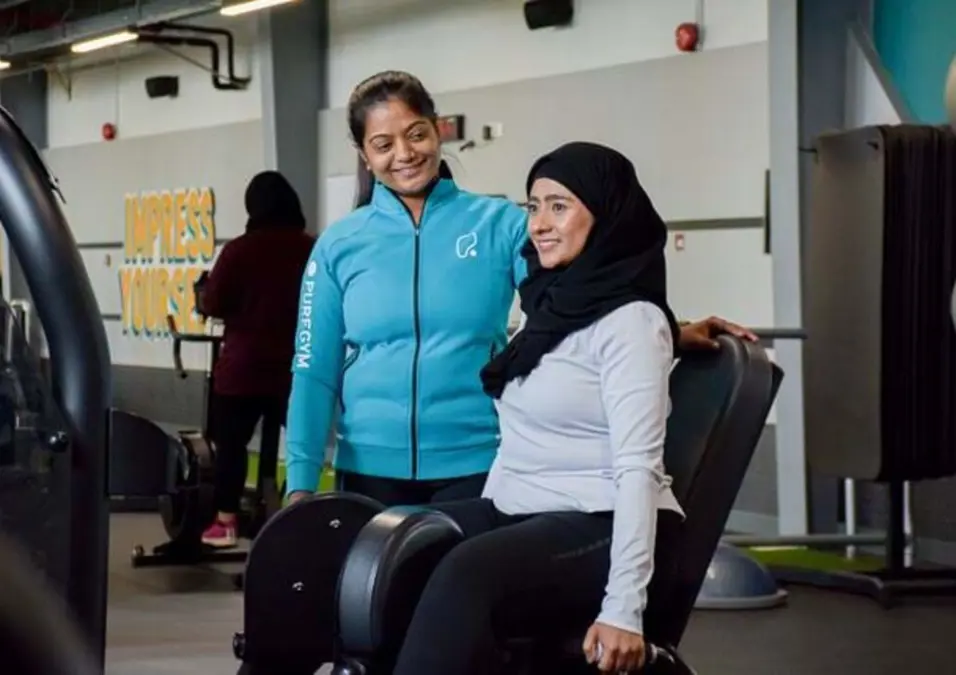
SIGN UP FOR YOUR FREE DAY PASS TODAY!
Ramadan is a month of spiritual reflection, dedication, and self-discipline observed by Muslims globally.
During this sacred time, individuals fast from food and drink during daylight hours. While fasting may pose challenges for maintaining a regular workout routine, you don't have to abandon exercise altogether.
Low-impact activities, when done thoughtfully, can complement your spiritual growth while preserving both your physical and mental health.
To help you remain active this Ramadan, we've sought advice from F45 Coach and Palm Jumeirah's renowned burpee expert, Marwa Ait Hemmou, who shares essential fitness tips for this holy month.
Pro Tips for Fitness During Ramadan
Achieving Balance is Essential
Maintaining balance during Ramadan is crucial. Though fasting requires long hours without food or drink, it doesn’t mean neglecting exercise or proper nutrition.
Strive to find harmony among physical activity, healthy eating habits, and rest. Be mindful of your energy levels and adjust your routine as needed to accommodate the demands of fasting.
Optimal Times to Exercise During Ramadan
- Before Iftar (One Hour Before Breaking Your Fast): Exercising about an hour before Iftar is ideal. This allows you to engage in physical activity while your energy is relatively high, with the added benefit of immediately refueling by breaking your fast post-workout.
- After Iftar (Post-Dinner): If you prefer exercising after your meal, wait at least 1–2 hours to prevent discomfort. This timeframe is ideal for more rigorous workouts, as your body is replenished with food and water.
Focus on Low-Impact Workouts
With potentially reduced energy levels during fasting hours, low-impact exercises are a great way to stay active without overburdening your body. Consider the following activities:
- Walking
- Yoga
- Pilates
- Bodyweight exercises
- Light weightlifting
These types of workouts help maintain activity and fitness without excessive strain.
Nutrition Tips for Ramadan
Nutrition plays a vital role in supporting your energy levels and overall fitness. Here’s how to properly fuel your body for the demands of fasting and exercise:
- Suhoor (Pre-Dawn Meal):
- Choose slow-digesting carbohydrates like oats, whole grains, or sweet potatoes to provide sustained energy throughout the day.
- Incorporate protein-rich foods such as eggs, yogurt, or cottage cheese.
- Add healthy fats like avocado or nuts to help you feel full for longer.
- Iftar (Breaking Your Fast):
- Begin with water and dates to quickly replenish your energy.
- Opt for a balanced meal, including lean proteins (e.g., chicken or fish), complex carbs (brown rice, quinoa), and vegetables.
- Avoid fried or salty foods that may lead to sluggishness or dehydration.
- Snacks:
- Healthy snacks such as nuts, seeds, and fruits provide essential proteins, fats, and fiber to keep you nourished.
Prioritize Rest and Recovery
Rest is crucial, particularly during Ramadan when fasting might affect your regular sleep patterns.
Aim for seven to eight hours of sleep daily to ensure your body recovers properly and functions optimally.
Stay Hydrated
Hydration is especially important during non-fasting hours. Drink at least 8–10 cups of water between Iftar and Suhoor to stay adequately hydrated.
Adding hydrating foods like cucumbers, watermelon, and oranges to your meals can also boost hydration, promoting energy, recovery, and overall well-being.
Pay Attention to Your Body
Above all else, listening to your body is key. If you feel tired or dehydrated, scale back the intensity of your workouts or take a rest day when needed.
Remember, Ramadan is a time for spiritual growth and reflection, and taking care of your health and well-being should always be your top priority.
By following these tips, you can maintain an active, balanced lifestyle throughout Ramadan while staying true to its spiritual values.
Source: whatson
The opinions shared in the GymNation blog articles are solely those of the respective authors and may not represent the perspectives of GymNation or any member of the GymNation team.
GET YOUR FREE TRIAL TODAY
























